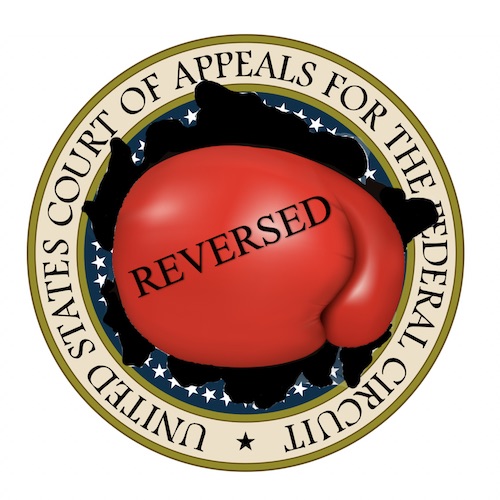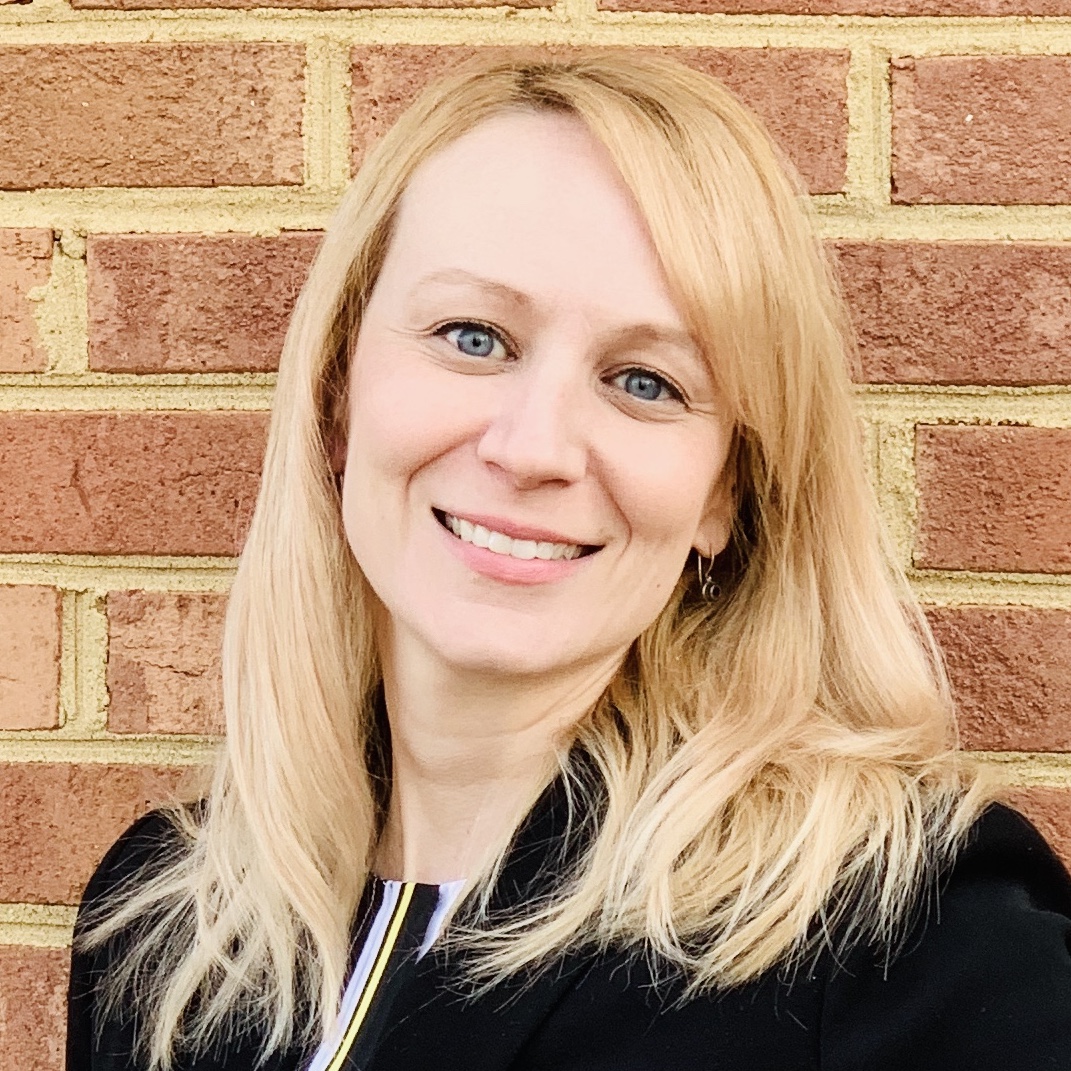“Reviewing the claim construction de novo, the CAFC noted that the limitation at issue, ‘non-local calls database’, was in the preamble of the claim but was nonetheless limiting.”
 On January 5, the United States Court of Appeals for the Federal Circuit (CAFC) reversed a decision of the U.S. District Court for the Southern District of New York, rejecting the district court’s claim construction and holding that Hong Kong uCloudlink Network (uCloudlink) was entitled to summary judgment of non-infringement (SIMO Holdings Inc. v. Hong Kong uCloudlink Network). In particular, the CAFC concluded that the district court erred in not requiring the disputed claim to require two or more non-local calls databases and held that SIMO did not identify a triable issue on the question of whether the accused products lack a non-local calls database.
On January 5, the United States Court of Appeals for the Federal Circuit (CAFC) reversed a decision of the U.S. District Court for the Southern District of New York, rejecting the district court’s claim construction and holding that Hong Kong uCloudlink Network (uCloudlink) was entitled to summary judgment of non-infringement (SIMO Holdings Inc. v. Hong Kong uCloudlink Network). In particular, the CAFC concluded that the district court erred in not requiring the disputed claim to require two or more non-local calls databases and held that SIMO did not identify a triable issue on the question of whether the accused products lack a non-local calls database.
Claim Construction Error
SIMO Holdings Inc. (SIMO) sued uCloudlink for infringement of claim 8 of U.S. Patent No. 9,736,689, which was directed to “apparatuses and methods that allow individuals to reduce roaming charges on cellular networks when traveling outside their home territory.” SIMO alleged that the sales and other actions involving four of uCloudlink’s products constituted infringement of claim 8. The parties cross-moved for summary judgment on infringement and the district courted granted summary judgment of infringement in favor if SIMO and denied uCloudlink summary judgment of non-infringement. The district court analyzed whether claim 8 required a “non-local calls database” and whether the accused products included such a database. In granting summary judgment of infringement, the district court concluded that claim 8 did not require such a database, and therefore, the accused products met all of claim 8’s limitations. The case proceeded to trial and a jury found that uCloudlink’s infringement was willful. A final judgment of $8,230,654 was issued in favor of SIMO. uCloudlink appealed to the CAFC.
The Disputed Language
Reviewing the claim construction de novo, the CAFC noted that the limitation at issue, “non-local calls database”, was in the preamble of the claim but was nonetheless limiting. The preamble of claim 8 recites:
A wireless communication client or extension unit comprising a plurality of memory, processors, programs, communication circuitry, authentication data stored on a subscribed identify module (SIM) card and/or in memory and non-local calls database, at least one of the plurality of programs stored in the memory comprises instructions executable by at least one of the plurality of processors for…
The remainder of the claim recites functional limitations. The CAFC explained that by “supplying the only structure for the claimed apparatus, the preamble language supplie[d] ‘essential structure,’ and the body does not define ‘a structurally complete invention’—which are two key reasons for preamble language to be deemed limiting.” (Citing Catalina Marketing Int’l, Inc. v. Coolsavings.com, Inc.).
A Plurality of What?
SIMO conceded that the preamble was limiting but argued that the “non-local calls database” was not limiting because it was “’unnecessary to perform the’ functions specified after the preamble.” The CAFC disagreed, noting that the preamble supplies the only structure of the claimed device and the disputed language was “intertwined with the rest of the preamble.” Observing that the district court erred in holding that the phrase “a plurality of” required only “at least two” members of the entire list of identified limitations, the CAFC concluded that “a plurality of” required at least two of “each of the listed items,” (memory, processors, programs, etc.).
Citing SuperGuide Corporation v. DirecTV Enterprises, Inc., the CAFC said that “as a matter of ordinary and customary meaning, a phrase grammatically comparable to ‘a plurality of’ at the start of a list of items joined together by ‘and’ applied to each item in the list, not to the list considered as a whole.” The CAFC noted that the fact that there was no article preceding “non-local calls database” and the language following the phrase, which referred to “the plurality of programs” and “the plurality of processors,” showed that the context of the claim supported the conclusion that the proper construction was “two or more” of “each” item listed.
The Construction Did Not Contradict the Specification
The court rejected the district court’s conclusion that the construction adopted by the CAFC contradicted the specification, based on Oatey Co. v. IPS Corp.’s principle that “[w]e normally do not interpret claim terms in a way that excludes embodiments disclosed in the specification.” However, the CAFC explained that “[a]lthough reluctant to exclude an embodiment, this court must not allow the disclosed embodiment to ‘outweigh the language of the claim, especially when the court’s construction is supported by the intrinsic evidence.’” Further, the CAFC noted that in the present case the claim language makes it clear that claim 8 excludes embodiments that do not include a non-local calls database. The CAFC reasoned that its construction does not exclude a “preferred embodiment” and does not leave other embodiments entirely unclaimed. The court concluded that its construction did not “contradict the specification” and reversed the district court’s grant of summary judgment to SIMO based on claim construction.
No Remand Warranted
The CAFC also held that no remand was warranted and uCloudlink was entitled to summary judgment of non-infringement because SIMO did not point to any evidence that created a “triable issue of fact on the presence in the accused products of even a single ‘non-local calls database.’” Thus, the district court’s holding was reversed.

![[IPWatchdog Logo]](https://ipwatchdog.com/wp-content/themes/IPWatchdog%20-%202023/assets/images/temp/logo-small@2x.png)

![[Advertisement]](https://ipwatchdog.com/wp-content/uploads/2024/05/Quartz-IP-May-9-2024-sidebar-700x500-1.jpg)
![[Advertisement]](https://ipwatchdog.com/wp-content/uploads/2024/04/Patent-Litigation-Masters-2024-sidebar-last-chance-700x500-1.jpg)

![[Advertisement]](https://ipwatchdog.com/wp-content/uploads/2021/12/WEBINAR-336-x-280-px.png)
![[Advertisement]](https://ipwatchdog.com/wp-content/uploads/2021/12/2021-Patent-Practice-on-Demand-recorded-Feb-2021-336-x-280.jpg)
![[Advertisement]](https://ipwatchdog.com/wp-content/uploads/2021/12/Ad-4-The-Invent-Patent-System™.png)






Join the Discussion
No comments yet.